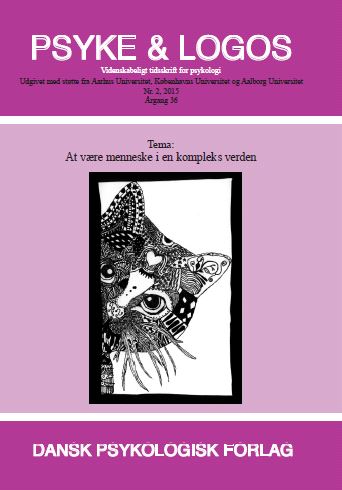PISA, tavs viden og pædagogiske standarder
DOI:
https://doi.org/10.7146/pl.v36i2.23399Resumé
The international PISA student assessments presently function as the central framing for the development of educational systems across large parts of the Western world. The goal is comparisons of the competencies of students across countries to make differences between
the effectiveness of educational systems clear. This paper will question some of the epistemological assumptions in PISA. Drawing particularly on Polanyi’s concept of tacit knowledge, we argue that PISA represents a partial and limited view on knowledge being individualistic,
verbal, and unambiguous. In opposition to this, we argue that knowledge for Polanyi is a much broader phenomenon where the body, tools and tradition are key components. Furthermore,
we argue that Polanyi’s concept of knowledge is useful to approach the complex issues that the educational system faces today.
Downloads
Publiceret
Citation/Eksport
Nummer
Sektion
Licens
Ophavsret er tidsskriftets og forfatternes. Det er gældende praksis, at artikler publiceret i Psyke & Logos, som efterfølgende oversættes til andet sprog, af forfatteren frit kan publiceres i internationale tidsskrifter, dog således at det ved reference fremgår, at den oversatte artikel har et forlæg i en dansksproget version i Psyke & Logos. Artikler kan frit deles og linkes til på forsknings- og undervisningsnetværk (så som Blackboard). Link foretrækkes, fordi det giver oplysning om brug af tidsskriftets artikler.




